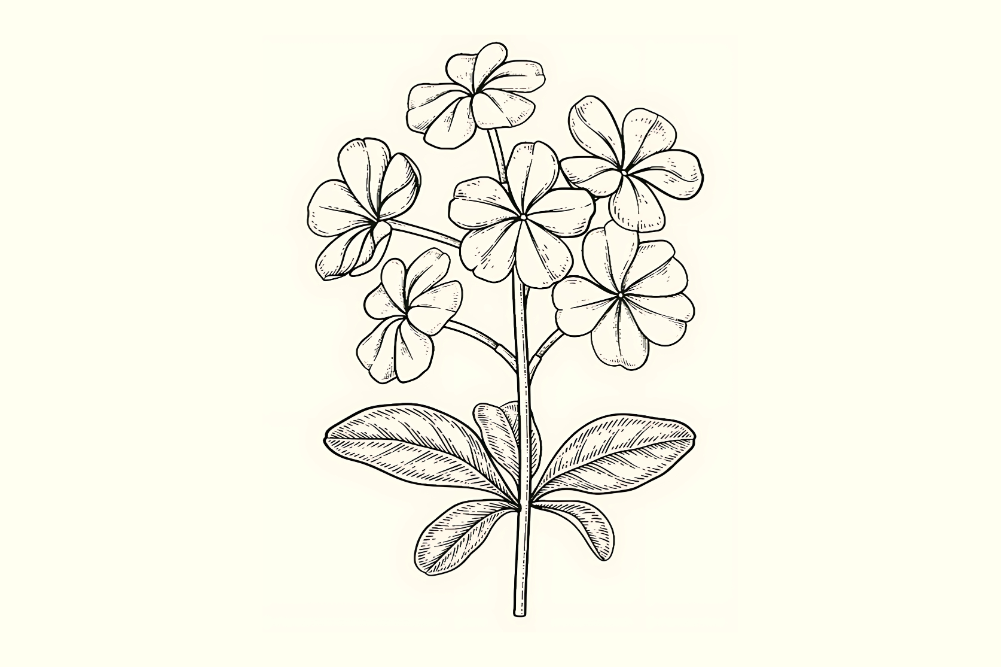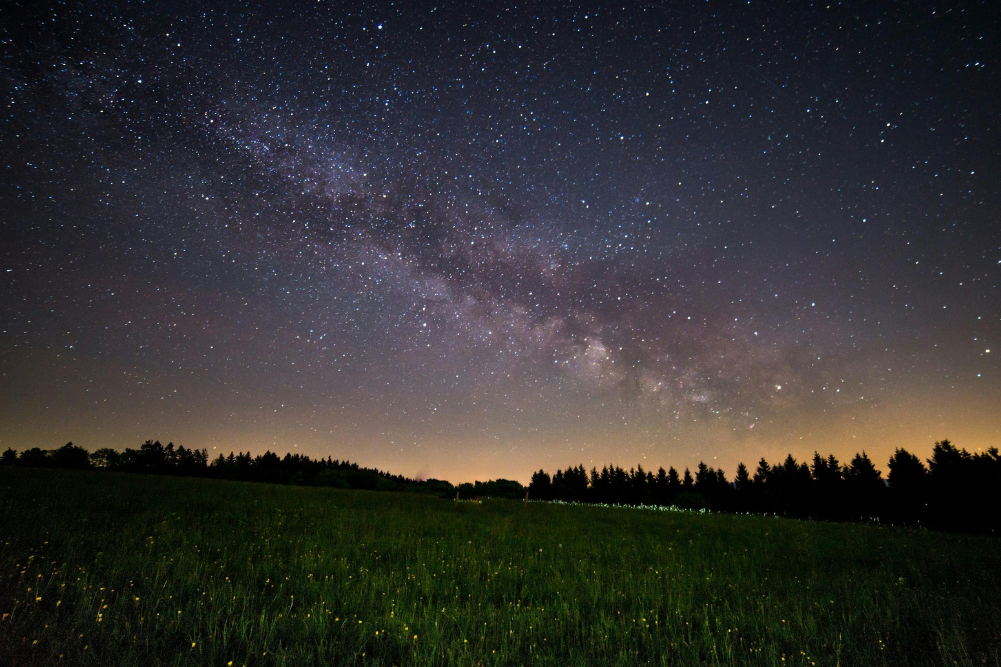Wild bathing in the high plateau
For those who dare brave it, the four-day-long Tabletop Track offers unparalleled solitude and natural beauty in a serene wilderness.
High above the sheer-drop waterfalls that fill Litchfield National Park’s most popular spring-fed waterholes, a loftier wilderness beckons. On the High Plateau’s rugged upper realm, a foot trail carves a path over stony gibber plains and lush wetland streams, luring walkers to fern-fringed rock spas where a riot of birdlife gathers in the quiet, cool hours of the day.
This little-visited slice of heaven pulls very few visitors out of the plunge pools far below, but a few hardy souls strap on boots and hiking packs and set out on the four-day-long Tabletop Track. It’s easy to understand the hesitation. With a reputation as being hot and dry, this track attracts none of the accolades heaped on the Northern Territory’s more famous walks, despite being far more accessible and infinitely less crowded. The Jatbula Trail in Nitmiluk National Park, for instance, is nearly always fully booked and the Larapinta Trail is an epic 21-day-long Red Centre initiation.
But brave the Tabletop Track and you’ll find yourself rock hopping and rambling through flaxen grasslands to watery groves of pandanus and Litchfi eld palms. When the midday sun gets high, walkers become wild bathers, sliding into remarkable rock pools to soak and float in solitude.
Upping the ante
A thirsty wander it might be, but I’m in Darwin and in the mood to hike. I’m also completely unable to rouse any of my friends out of their languid dry-season stupor (or the aircon) to join my rugged adventure. Even my most foolhardy adventuring pals eyeball me with the suspicion of lunacy, so I’m left with no choice but to go solo.
And here’s the thing: while I’ve hiked pretty much my entire life, I’ve never actually walked alone, at least not on a long, multi-day adventure. “High time”, I declare as I pack a rucksack, kiss my kiddo goodbye and climb gingerly away from Florence Falls.
I’m well aware of all the ways that this endeavour could go horribly wrong, thanks to the “what-ifs” chattering noisily on the periphery of my thoughts. There’s little phone signal on the trail, more snakes than people and lots of possible ways to slip, fall or lose my way. But four days, 47km and fi ve blisters later, I step away from this adventure feeling euphoric, sweaty and stinking, revelling in my blissful alone time and singing its praises. Even if things don’t go exactly to plan.
The adventure begins
I set out from Florence Falls, climbing high above its dramatic, spring-fed cascades and the deep, fern-filled amphitheatre they fi ll. The Tabletop Track circles the high country another 800m uphill, where I register my plans at an old-school bushwalkers’ station, take a solo selfi e and stride swiftly north.
It’s 9am and already blazingly hot and, despite the easy path, it leads through disconcertingly high grasslands that end abruptly at a blackened scar of charred earth, bursting here and there with lurid green regrowth. I hear water flowing far downhill and when I get there, I throw down my pack on a soft, grassy riverbank and dunk bare toes in the cool, clear flow.
I’m far too nervous about reaching my campsite to skive off and go swimming, so I refill my water bottles and push on uphill, climbing a rubbly slope studded with pale grey-green cycads. Sporadic blue markers show the way ahead, but my eyes are looking down, plodding slowly through the hot sand. Only hardy little rainbow bee-eaters defy the brain-boiling midday heat, and the lack of breeze is stifling. Fearing that I’ll pass out from heat exhaustion, I search for what little shade I can fi nd and stop to rest, pushing back panic before pressing on.
I pass a pair of day walkers with not much to say, but I remember the conversation as one of just three I will have over the next four days. A lush palm thicket hides a campground beside a boggy paperback swamp, which I skip in favour of spending the night beside spring-fed Walker Creek.
The Tabletop Track’s three best campsites are located no more than 12km apart, taking advantage of vital natural water sources and the need to escape the gruelling heat before midday. Walker Creek lies off the trail itself, a 50-minute detour downhill, but its famously clear pools call me and I gladly tackle the extra kilometres to throw myself in.
Fearlessness, or something just like it
“You’re so brave,” one of the fellow walkers gushes as I stumble into camp, nursing fresh blisters, 20kg of hiking gear and a stench that offends even me. This woman is hiking too. “In safety,” she says. “But doing it alone, well, that’s really next level.” I smile at the compliment and almost believe her. But, sometime later, submerged in a deep, shady pool on Walker Creek, I wonder if you’d ever say the same thing to a bloke. Filling an endless chain of palmfringed pools, Walker Creek cuts a verdant swathe across the landscape, as serene and utopic as any tropical haven.
I wander upstream and pitch my tent, laying claim to a sloping campsite and a secluded, ferny plunge pool filled with tiny freshwater prawns and toe-nibbling fish. Far too accessible to the roadside, the camp’s late-night hubbub is a bit much. I wake early, brew coffee and patch fresh, puff y blisters while bats roost restlessly in the palms overhead, both of us waiting for the sun.
Back on track
Alone, I happily retrace my steps back up onto the escarpment, which is bathed in lemony, break-of-day sunlight. It warms the yellow wattle growing trackside and the rust-coloured rubbly slopes all around, and I pause to photograph delicate tendrils of bright-pink turkey bush. By the time I reach the top and rejoin the Tabletop Track, my angry blisters are screaming. I stop to patch them and layer on sunscreen, and my phone beeps reassuringly for the first time.
I ramble down the slope, alone with wandering thoughts that are now exploring all sorts of startling new ground. I cross low-lying hills, great red plains of shiny gibber stones and follow red-tailed black cockatoos along the sandy bed of a low-flowing waterway. Sticky, honey-scented grevilleas colour the scene and I stop to gather water in a grassy curl of a stream, shaded by pandanus and towering Litchfi eld palms. This might just be the most perfect of camps, but it seems far too early to call it a day. I move on and quickly regret it, when I plunge into a rocky boulder field.
In minutes, I’m lost, searching hopelessly for hidden markers in a deep jumble of rock. There are dead ends and detours and the blazing sun steals my patience. I finally manage to climb my way out and soon after reach the day’s campsite, perched on the escarpment edge overlooking a tremendous void beyond.
Later, in the soft light of sunset, I photograph Tjenya Camp cast with a picturesque, amber glow. But under the midday sun, I see only a stark scratch of dirt and spindly trees throwing hopelessly inadequate shade.
Alone at Tjenya
I throw down my pack, rip off my boots and follow the sound of rushing water to the face of a trickling waterfall, tumbling to its trio of pools and sliding on in. I’m grappling with impatience — 1pm seems much too early to make camp — but a new batch of blisters and a four-hour walk to the next possible camp force my hand.
I calm my ambitions, brew a coff ee and return to the water with a book and enjoy the breeze. I watch frogs scatter, freshwater prawns lurking in my shadow and rainbow bee-eaters feasting on bugs in the fi g trees across the pool. Bathing in perfect hiker-sized roc pools between two waterfalls, I spot blooming white orchids on the rock face and a solitary Litchfi eld palm. Crows heckle each other in the afternoon heat and, all alone at Tjenya, I try to remember ever feeling so very far away.
The full moon triggers a noisy night. Crashing sounds outside my tent are not easily explained away, so I arm myself with a tiny fruit knife and read Into the Wild by torchlight, feeling ridiculous and small. Dawn finds me exhausted, brewing coff ee and patching alarmingly weeping heels. I’m down to my last few Band-Aids and there’s only one way out, so I painfully squeeze my feet into my shoes, grab a biscuit for breakfast and hit the trail.
Unexpected Greenant Creek
Day three on any hike is when things really start to swing for me and this is a day of sheer wonder in the high country. From standing atop a rocky knoll for 360-degree vistas, to watching a stream fall off the sheer edge of the trail, I marvel as the landscape changes around every corner.
I slide down the escarpment edge into a verdant monsoon rainforest and shimmy bare-footed across the jungly, fast-flowing Wangi Creek. But soon after using up the very last of my blister pads, the day’s real work begins.
Upstream of Wangi Creek where the palm thicket peters out, I stumble through a rubbly field of broken boulders, trudge through sand, and hop along rocky river terraces. But, despite the hard work, I fi nd myself roaming in a transfixed state of calm. Two things happen to shake me from my reverie: a thin black snake slithers quickly over my shoes; and a trail runner appears as I’m shaking, heart pounding, mind grappling with “what ifs”. She runs away into the distance and silence is restored.
I ramble on to Greenant Creek campsite just as the clock hits noon and, within minutes, I’m floating beneath its magnificent terraced waterfalls, exhausted, exhilarated and happily all alone. This spot is sublime, too beautiful to be true, so I should have expected what happened next. A pair of hikers appears, then another and one fi nal onslaught of teenagers. Having coveted the best riverside real estate, I relinquish some space and retreat upstream in search of quiet. The tired teens retire early, but their phone alarms ring out before dawn, shattering the silence and granting me an unexpectedly early start. I follow their impressive lead, do my best to patch my appalling-looking feet, don a head torch and trail the teenagers into the gloom.
Lost in the fog
Into the boulders I go, plunging into the thick, dewy fog, searching for trail markers and bumbling around. I soon realise that I’m going nowhere fast, so I sit and wait until a slowly breaking dawn shows me the way.
Beyond the boulders, this dewy amble turns unexpectedly pleasant and I fly along under the cool cover of clouds. The path is easy, following a distinct, earthy blaze across the burnt-out, ashen landscape. When I stop to photograph sun-bleached termite mounds, my phone starts beeping. Despite my wild surroundings, civilisation seems suddenly close and, an hour later, I’m standing at the trickling headwaters that flow into Florence Falls. My final hour is a grand crescendo of fun as I leap across flower-fringed streams and loop around towering quartzite outcrops.
I sign off the Tabletop Tackl triumphantly and skip back down to Florence Falls feeling euphoric. There’s a huge part of me that’s glad it’s over. I’m ready for family hugs and to get off my aching, swollen feet. But the day-tripping crowds thronging Florence Falls remind me just how worthwhile my efforts have been in finding far wilder swims, leaving me feeling a little closer to heaven.







